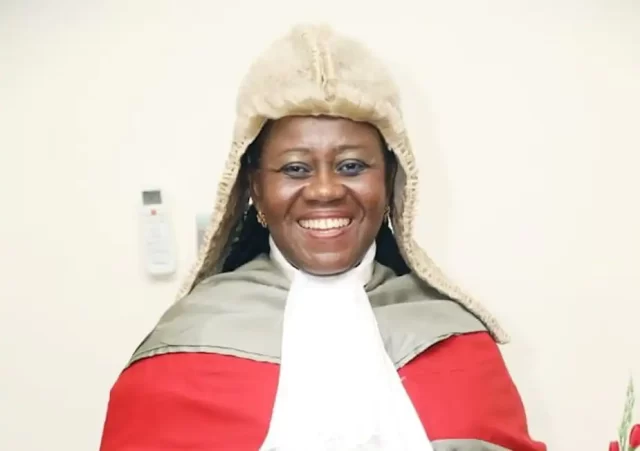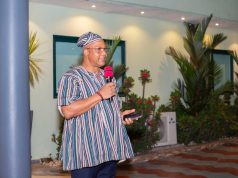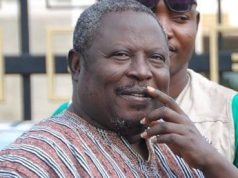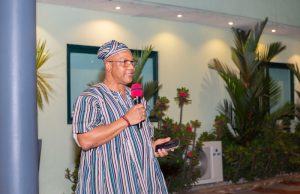Andrew Appiah-Danquah, spokesperson for the Movement for Change, has questioned the credibility of those opposing President Mahama’s suspension of Chief Justice Gertrude Torkornoo, drawing parallels to the 2018 dismissal of former Electoral Commission Chair Charlotte Osei.
His comments come as legal organizations and opposition lawmakers criticize the suspension process, raising concerns about judicial independence.
Speaking on TV3’s New Day program, Appiah-Danquah highlighted what he called a double standard in public reactions. “The President is following the same constitutional process used in 2018,” he noted. “Where was this outrage when Charlotte Osei was removed?” The private legal practitioner emphasized that both cases involved established procedures for addressing complaints against high-ranking officials.
A five-member committee has been constituted to investigate petitions against the Chief Justice, mirroring the process that led to Osei’s removal under the previous administration. Appiah-Danquah argued this demonstrates consistent application of constitutional provisions, regardless of which party holds power.
While defending the legality of the current proceedings, he acknowledged room for improving the process. “The in-camera nature of these investigations creates unnecessary suspicion,” Appiah-Danquah observed. He suggested public hearings would enhance transparency for such significant matters involving key government institutions.
The Ghana Bar Association and Minority in Parliament have urged reconsideration of the suspension, warning of potential erosion of judicial independence. Legal experts note that while the constitution provides for such actions, their increasing frequency raises questions about balancing accountability with institutional safeguards.
This development revisits longstanding debates about the relationship between Ghana’s executive and judiciary. Similar concerns emerged during Osei’s removal, which some viewed as politically motivated despite following proper channels. As the committee begins its work, observers suggest its findings and the government’s response will test Ghana’s commitment to maintaining both the rule of law and separation of powers.
The situation underscores an ongoing tension in democratic governance between holding officials accountable and protecting institutions from political interference. With public trust in government institutions at stake, the handling of this case may influence future approaches to similar constitutional processes.
Send your news stories to newsghana101@gmail.com
Follow News Ghana on Google News

















